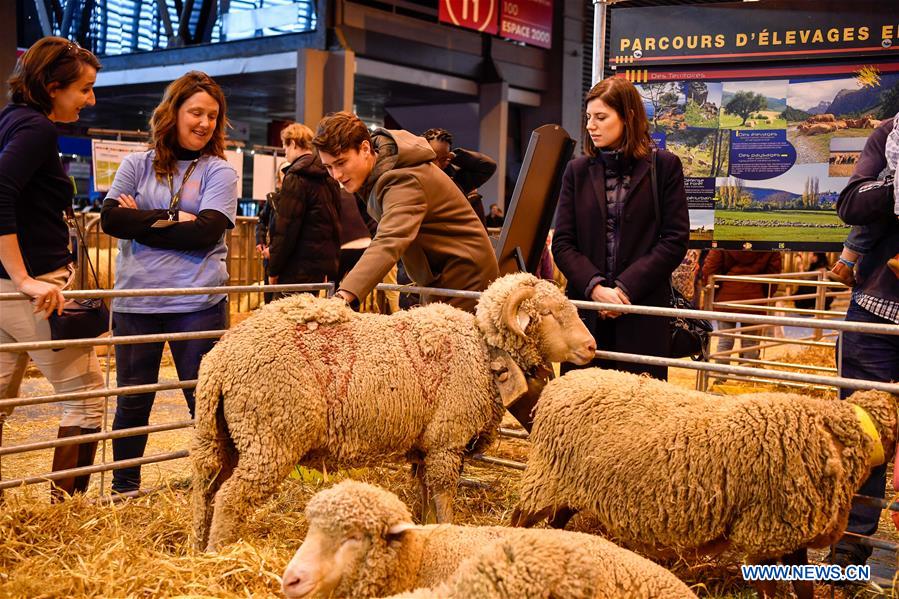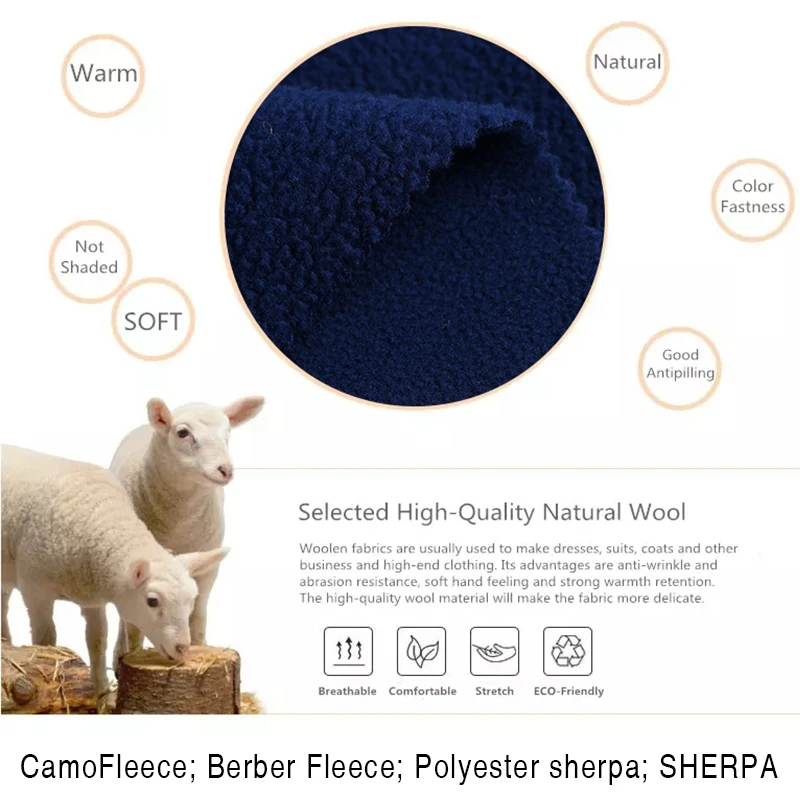Discover the Truth Behind PETA Sheep Shearing: A Compassionate Perspective on Wool Production
#### Introduction to PETA Sheep ShearingPETA sheep shearing has become a significant topic of discussion in the realm of animal rights and ethical farming p……
#### Introduction to PETA Sheep Shearing
PETA sheep shearing has become a significant topic of discussion in the realm of animal rights and ethical farming practices. As consumers become increasingly aware of the impact of their choices, organizations like PETA (People for the Ethical Treatment of Animals) have brought attention to the often-overlooked realities of wool production. This article aims to shed light on the practices surrounding sheep shearing and the ethical considerations involved, providing a comprehensive overview for those interested in making informed decisions about their clothing choices.
#### What is PETA and Its Stance on Sheep Shearing?
PETA is a renowned animal rights organization that advocates for the humane treatment of animals across various industries, including fashion. When it comes to sheep shearing, PETA highlights the potential for harm that sheep may face during this process. While shearing is necessary for the health and comfort of the sheep, PETA argues that the methods employed in the wool industry can often lead to distress and injury for the animals involved.
#### The Process of Sheep Shearing
Sheep shearing is the process of removing the fleece from sheep, which is essential for their well-being. In temperate climates, sheep grow thick wool coats to protect themselves from the cold. However, if left unshorn, these coats can become matted and lead to various health issues, including overheating and skin infections. Ethical shearing practices prioritize the welfare of the sheep, ensuring that the process is conducted humanely and with minimal stress.

#### The Ethical Debate Surrounding Wool Production
While shearing itself can be a necessary and beneficial practice, the ethical debate arises from the conditions under which many sheep are raised and shorn. PETA sheep shearing campaigns often focus on the broader issues of factory farming, where animals may be kept in overcrowded and unsanitary conditions. These practices can lead to suffering and health problems for the sheep, raising questions about the morality of using animal products for fashion.
#### Alternatives to Traditional Wool
In light of the concerns raised by PETA and similar organizations, many consumers are seeking alternatives to traditional wool. The rise of sustainable fashion has led to the development of innovative materials that mimic the properties of wool without the ethical concerns. Options such as organic cotton, Tencel, and synthetic fibers are becoming increasingly popular among environmentally conscious consumers.
#### How to Make Ethical Choices in Fashion

If you're passionate about making ethical choices in your wardrobe, consider the following tips:
1. **Research Brands**: Look for brands that prioritize animal welfare and transparency in their supply chains. Many companies are now adopting cruelty-free practices and sourcing materials responsibly.
2. **Choose Sustainable Materials**: Opt for clothing made from sustainable materials that do not involve animal exploitation. Fabrics like organic cotton, hemp, and recycled materials can be great alternatives.
3. **Support Ethical Practices**: Seek out companies that are committed to ethical practices, including fair labor conditions and environmentally friendly production methods.
4. **Educate Yourself**: Stay informed about the issues surrounding animal rights and the fashion industry. Understanding the impact of your choices can empower you to make more informed decisions.

#### Conclusion
PETA sheep shearing serves as a reminder of the complexities involved in the wool industry and the importance of ethical considerations in our fashion choices. By educating ourselves and supporting brands that prioritize animal welfare, we can contribute to a more compassionate and sustainable future for all living beings. Whether you choose to wear wool or opt for alternatives, being mindful of the origins of your clothing can make a significant difference in the lives of animals and the health of our planet.